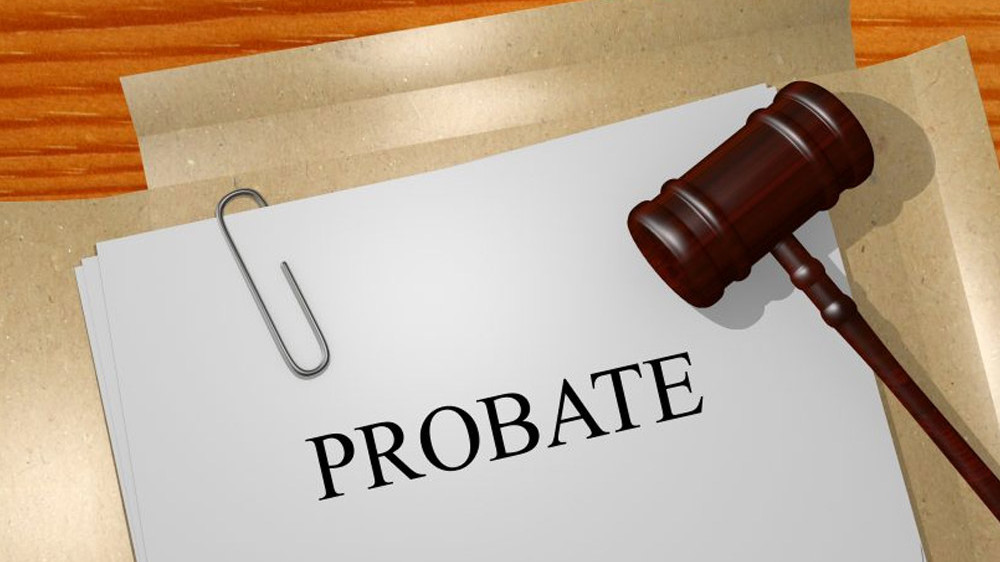
Frequently Asked Questions
What is probate?
Probate is the word describing a legal proceeding, conducted in court, which determines the validity of a will or issues authority to divide an estate, where no will exists. In order for probate to be granted, an application needs to be made and legal and financial processes need to take place. Before probate is granted by a court, the next of kin or executor of a will cannot claim, transfer, sell or distribute any of the deceased’s property, money or possessions, known as ‘assets’. If the deceased passed away without making a will, the probate process will appoint an administrator to look after the division of assets.
What happens after probate is granted?
Once probate has been granted, the chosen executor can begin the process of dividing the estate. This is in accordance with the details of the will (if one is in place) and can include the distribution of money, possessions or property and the closing of bank accounts and the paying off of debts, settling outstanding bills, funeral expenses and the cashing-in of investments. A copy of the probate grant will be required by these various organisations for their records and it is the responsibility of the executor to carry this out. If no will is in the place the process is exactly the same in terms of the being a requirement to apply for a probate grant, except following this, the estate is divided up as determined by the law.
What happens if probate is not applied for?
Dealing with the estate of a deceased relative can be very stressful and this is multiplied several times over if probate is not applied for. It is very easy to leave everything to deal with later, particularly if you are struggling with the grieving process, but not applying for probate can become very expensive, time-consuming and traumatic. With regards property, any buyer will require evidence that you/the seller/the executor have the legal authority to sell the property. This can only be transferred to you via the probate grant. Even if you are not selling the property, the land registry will need this same authority to transfer the property into your name. Put simply, any estates valued at over £15,000 require a probate grant before banks or building societies will authorise you to distribute the assets.
How long does probate take?
This generally depends on the value of the estate and whether it is subject to inheritance tax, which can be a lengthy process. Processing an application with the probate registry is only a small part of the process, the granting of probate is then reliant on the case load of that court and the complexity of the deceased’s estate. Estates under the inheritance tax threshold typically take between two and three months for probate to be granted, but above that it can take around five months.
Do I need a will?
Whatever age you are, you need to consider your future and how you would want your family and loved ones to be looked after in the event that something happens to you. A will safeguards your wishes and gives you this peace of mind. Your will is completely individual, can be changed at any time and is tailored to control your instructions with regards guardianship of children, how you want your funeral to proceed, how you wish your organs and/or body to be used in the interests of science and, primarily, how you wish your assets, possessions and finances to be distributed.
What happens if I don’t have a will?
Without a will you are leaving your family open to even more heartache and unnecessary stress in the event of your death. It is possible that your house and possessions, and even your children, could be placed in the possession of a distant relative or an ex-partner, rather than in the safe care of your loved ones. Very strict laws surround the division and allocation of your estate if a will is not in place, so it is dangerous to assume that everything will go to who you want it to, if there is no will to control it.
Can anyone make a will?
No. A will is an important legal document, so while anyone is free to make one, there are of course certain conditions legally imposed, which ensure that the will has been made without undue pressure, and by someone who is mature enough and capable of making such important decisions. There are also conditions which ensure the will is legally binding.
To make a will you must:
- Be over 18 years’ old
- Have made it voluntarily without pressure from external or concerned parties
- Be of sound mind
- Put the will in writing
- Sign the will in the presence of two witnesses, also over 18
- Have the will signed by two witnesses, in your presence.
Your witnesses must not be beneficiaries in the will, and if amendments are made in the future this same witness signature procedure is followed.
Can I speak to someone at The Probate Solicitors?
You can speak with a probate expert today by calling us on 0333 220 3095 or by filling in the enquiry form.







